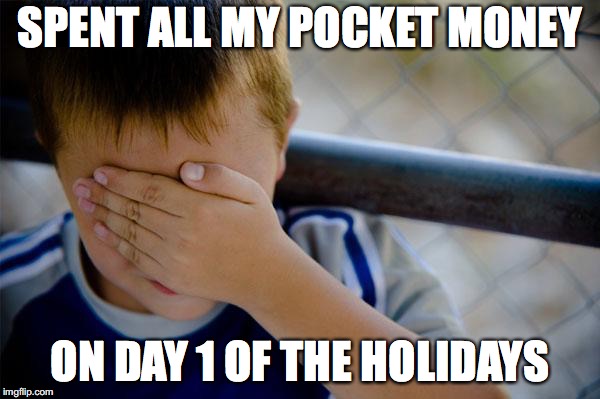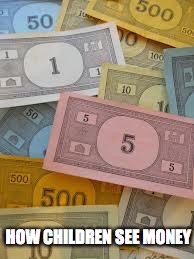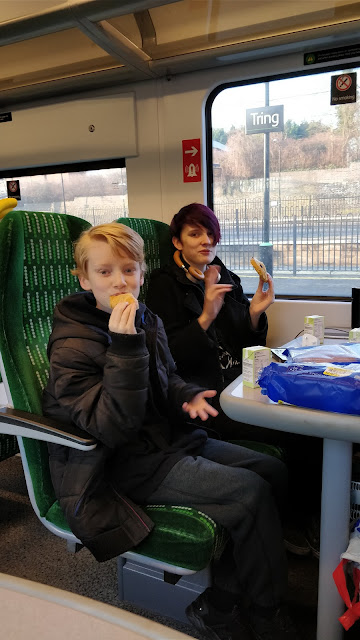It's a real dilemma - do you let them spend their money on whatever they like even if you know it's an impulse spend or encourage them to save it for another occasion? One of my children would probably spend every penny on fizzy drinks if I let him!
Apparently one in six parents confess to not feeling confident enough to discuss money with their offspring. Sometimes they are embarrassed about admitting to their own budgeting mistakes. Parents shouldn’t feel ashamed of their own money woes and, instead, focus on ensuring their children recognise the importance of being sensible with money so they don't make the same mistakes.
You can easily approach the subject in a child-friendly way, such as discussing how you can save money on video games or how taking a picnic is cheaper than buying food out and let the chat flow from there.
Make it fun
Even the youngest of children can be taught the value of money. Many youngsters love playing shopping games using board games or a play cash register and pretend money. These times provide the perfect opportunity to discuss budgeting and being aware of your finances. Keeping it light-hearted and explaining to them the difference in value between the coins and notes is a great way of educating your little ones about the importance of money.
Encourage them to save
Most UK banks allow children to open a bank account once they reach eleven years of age. So, once your child hits this milestone, take them to your local branch. Having their own bank account will make them feel like a grown up and will encourage them to become financially responsible.
When your child wants a new toy or a copy of their favourite movie on DVD, make them aware of the cost of the item and encourage them to save their pocket money so that they can reward themselves with their desired item once they hit their goal.
Persuading children to save their cash for sought-after purchases is a brilliant way of teaching them to be sensible with money and helps them to understand that you need to budget for the things you want in life.
Honesty is the best policy
The financial situations you’ve encountered are a great way to break the ice and to discuss both your good and bad cash flow experiences.
While a young child won’t fully understand the costs involved in purchasing a home, it’s still good to share with them how you managed to secure your current property.
Share with them the tricks you use to save cash, too, such as using cashback websites when making purchases and using meal plans to keep the cost of your weekly shop down. And, don’t be afraid to tell them when times have been tough, but, be sure to explain to them how you bounced back from these periods.
Discuss debt
Debt is a scary subject to talk about but it’s such a big issue that it shouldn’t be ignored.
Personal debt in the UK currently stands at £200 billion therefore parents should discuss why and how people get into debt and teach their children how to avoid it, to prevent the country’s problem from worsening over the coming decades.
Educating children on credit scores, how they impact your future plans and how credit scores fluctuate will provide your offspring with all they need to know to help them make smart financial decisions.
While it may feel a little daunting, it’s essential that parents get into the habit of discussing money with their kids from a young age. Top ways to broach the subject include making it fun and relevant to your child.
Try and encourage them to save for the things they’d like, share your own experiences and ensure they understand why debt is a serious issue they should actively try to avoid.
 Disclaimer:Collaborative post
Disclaimer:Collaborative post
